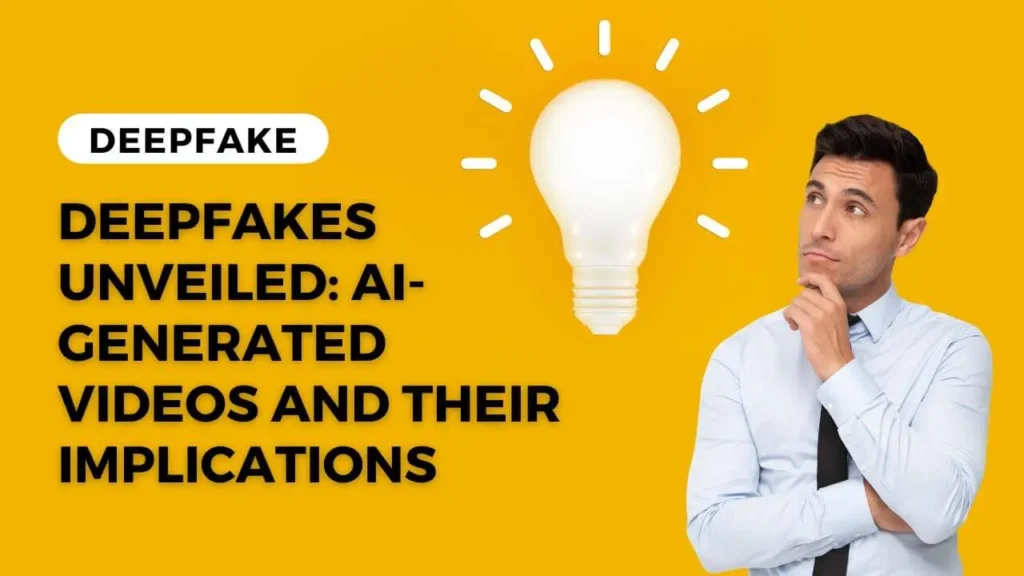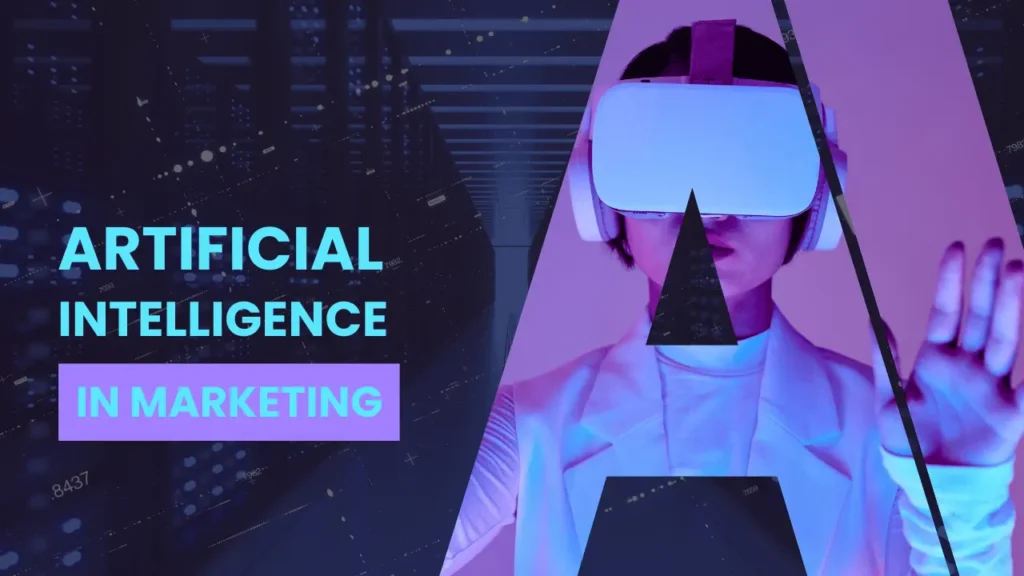Table of Contents
What is ALBERT AI
ALBERT Co., Ltd. (hereafter, ALBERT) is a leading company specializing in consulting and providing solutions for the utilization of AI and big data. Established in July 2005, ALBERT operates under the philosophy of supporting customer decision-making and problem-solving with robust analytical capabilities at its core. The company’s name is inspired by the renowned physicist Albert Einstein, reflecting their commitment to innovation and making a positive impact on the world through advanced theories and unorthodox ideas.
Celebrating its 15th anniversary in 2020, ALBERT launched a new mission: “We are the CATALYST. Weaving the future with data science.” This mission emphasizes ALBERT’s role as a catalyst for new opportunities and transformations through the social implementation of data science.
Services Provided by ALBERT
ALBERT offers a variety of services designed to help businesses harness the power of AI and data. These services are categorized into three main areas:
AI/Data Analysis/Research and Development Support
ALBERT provides comprehensive AI and data analysis support services, leveraging the expertise of approximately 250 highly specialized data scientists. These experts assist in constructing AI algorithms and developing systems tailored to the specific challenges faced by businesses aiming to utilize AI and data. This service also includes support for companies looking to incorporate the latest AI research and technologies into their operations.
Custom AI Solutions: ALBERT’s data scientists work closely with businesses to identify their unique challenges and goals. They develop custom AI algorithms that can predict trends, optimize processes, and provide actionable insights. This bespoke approach ensures that AI solutions are not only innovative but also practical and aligned with business objectives.
Research and Development: ALBERT invests in cutting-edge research to stay at the forefront of AI technology. Their R&D support includes analyzing the latest scientific papers and integrating novel methodologies into client projects. This ensures that ALBERT’s clients benefit from the most advanced AI techniques available.
Product Development
ALBERT develops and provides AI-based products to businesses. Two key products are:
- Sgres: An AI-powered high-performance chatbot that enhances customer service efficiency and satisfaction by handling inquiries on corporate service sites. Sgres is designed to understand and respond to complex queries, learn from interactions, and continuously improve its accuracy and efficiency.
- Takuminome: An AI image recognition service that addresses issues in image recognition, such as product defect inspection and automation of visual inspections in medical fields. Takuminome leverages deep learning to accurately identify and categorize images, ensuring high precision in critical applications.
Enhanced Customer Interaction: By implementing Sgres, businesses can significantly enhance their customer interaction. The chatbot can handle a wide range of queries, provide instant responses, and escalate complex issues to human agents when necessary. This not only improves customer satisfaction but also reduces the workload on support teams.
Quality Control and Automation: Takuminome’s advanced image recognition capabilities are crucial for industries where quality control is paramount. By automating visual inspections, businesses can achieve higher accuracy, reduce human error, and streamline their operations. This is particularly beneficial in manufacturing and healthcare, where precision is critical.
Data Scientist Development Support
Recognizing the shortage of data scientists in Japan, ALBERT offers training courses for companies aiming to develop their own data science talent. These courses combine lectures and practical exercises and are accessible online, allowing participants to interact with instructors and receive personalized guidance.
Comprehensive Training Programs: ALBERT’s training programs are designed to cover all essential aspects of data science, from basic concepts to advanced techniques. The curriculum includes data analysis, machine learning, deep learning, and practical applications of AI. Participants gain hands-on experience through exercises and real-world projects.
Online Learning: The online format of ALBERT’s training courses makes them accessible to a wider audience. Participants can join from anywhere, interact with instructors in real-time, and collaborate with peers. This flexibility ensures that more companies can benefit from the training, regardless of their location.
Addressing the Skills Gap: By providing high-quality training, ALBERT is helping to address the significant skills gap in the data science field. Companies that invest in their employees’ education can build strong internal teams capable of leveraging AI and data analytics to drive innovation and efficiency.
For more read us :
The AI Mechanism Behind ALBERT
ALBERT’s services are powered by advanced AI technologies, primarily focusing on deep learning and natural language processing (NLP).
Deep Learning
Deep learning is a subset of AI that enables systems to learn and make decisions from data. This technology is used in ALBERT’s “Takuminome” for tasks like image recognition and anomaly detection. For example, deep learning can predict power demand by analyzing historical power usage data, helping reduce costs associated with excessive power generation.
Applications in Various Industries: Deep learning has broad applications across different industries. In finance, it can be used for fraud detection by identifying unusual transaction patterns. In healthcare, deep learning algorithms can analyze medical images to detect diseases at an early stage, improving patient outcomes.
Continuous Improvement: One of the significant advantages of deep learning is its ability to improve over time. As more data becomes available, the algorithms can be retrained to enhance their accuracy and performance. This makes deep learning a powerful tool for businesses looking to stay competitive in a rapidly evolving market.
Natural Language Processing
NLP enables computers to understand and process human language. ALBERT uses NLP in their chatbot service “Sgres,” which can handle various inquiries, providing intelligent responses and improving user experience. By analyzing and understanding the context of natural language, ALBERT’s chatbots can effectively communicate with users.
Advanced Text Analysis: NLP technology allows for sophisticated text analysis, enabling businesses to gain insights from customer feedback, social media, and other textual data sources. By understanding sentiment and identifying key themes, companies can make more informed decisions and improve their products and services.
Enhanced User Interaction: NLP-powered chatbots can provide more natural and engaging interactions with users. They can understand context, recognize intent, and generate appropriate responses, making the interaction more human-like. This leads to higher customer satisfaction and loyalty.
Automation of Routine Tasks: NLP can automate routine tasks such as responding to frequently asked questions, processing forms, and generating reports. This frees up employees to focus on more complex and strategic activities, increasing overall productivity.
ALBERT Case Studies
Here are some examples of companies that have successfully implemented ALBERT’s solutions:
KDDI Matomete Office Co., Ltd.
KDDI Matomete Office Co., Ltd. provides office equipment and network environments across Japan. They faced challenges with handling the volume of inquiries at their support desk. By introducing ALBERT’s “Sgres” chatbot, they improved work efficiency by approximately 10%, with half of the users finding it easy to use. The AI behind Sgres continuously learns and improves, enhancing its effectiveness over time.
Streamlining Customer Support: The implementation of Sgres at KDDI Matomete Office Co., Ltd. streamlined their customer support operations. The chatbot was able to handle a significant portion of inquiries, allowing human agents to focus on more complex issues. This not only improved response times but also enhanced the overall customer experience.
Scalability and Flexibility: Sgres demonstrated scalability and flexibility by adapting to the growing needs of the support desk. As the company expanded and the volume of inquiries increased, Sgres was able to handle the additional load efficiently. This scalability is crucial for businesses looking to grow without compromising on service quality.
au Commerce & Life Co., Ltd.
au Commerce & Life Co., Ltd. operates the premium time sale EC site “LUXA” and the luxury restaurant reservation service “LUXA RESERVE.” They initially used Excel for supply and demand forecasting but found it insufficient for their diverse product range. ALBERT developed a supply and demand forecast model using AI, which reduced forecasting errors by one-third compared to manual predictions.
Optimizing Inventory Management: The AI-driven supply and demand forecast model developed by ALBERT helped au Commerce & Life Co., Ltd. optimize their inventory management. By accurately predicting demand, the company could reduce overstock and stockouts, leading to cost savings and improved customer satisfaction.
Data-Driven Decision Making: The implementation of the AI model enabled data-driven decision making. The company could rely on accurate forecasts to plan their inventory
and procurement strategies, ensuring they met customer demand without incurring unnecessary costs. This shift towards data-driven decision making also enhanced the company’s agility in responding to market changes.
Tokio Marine Holdings, Inc.
Tokio Marine Holdings, Inc., a major insurance and securities provider, faced a shortage of skilled data scientists capable of handling large volumes of statistical data. ALBERT provided a comprehensive training program, completing 250 hours of training and officially rolling out the program in 2019. This initiative equipped Tokio Marine Holdings with the necessary skills to leverage cutting-edge technology in their operations.
Building Internal Expertise: The training program provided by ALBERT helped Tokio Marine Holdings build a strong internal team of data scientists. These newly trained experts were able to develop and implement advanced analytics and AI solutions, enhancing the company’s capabilities in data-driven decision making and risk management.
Enhanced Analytical Capabilities: With the new skills acquired through ALBERT’s training, Tokio Marine Holdings improved its analytical capabilities. The company could now handle complex data sets, perform detailed analyses, and generate insights that supported strategic planning and operational efficiency.
For more follow us :
FAQs
What industries can benefit from ALBERT’s services?
ALBERT’s services are versatile and can benefit a wide range of industries, including finance, healthcare, manufacturing, retail, and telecommunications. Any industry that can leverage AI and data analytics to improve efficiency, optimize operations, or enhance customer experience can benefit from ALBERT’s solutions.
How does ALBERT ensure the accuracy of its AI models?
ALBERT ensures the accuracy of its AI models through continuous learning and improvement. The models are regularly updated with new data and fine-tuned to enhance their performance. Additionally, ALBERT’s team of experienced data scientists rigorously tests and validates the models to ensure they meet the desired accuracy and reliability standards.
What is the role of deep learning in ALBERT’s solutions?
Deep learning plays a crucial role in ALBERT’s solutions by enabling systems to learn from large volumes of data and make accurate predictions. It is particularly used in applications such as image recognition, anomaly detection, and demand forecasting. Deep learning algorithms improve over time as they are exposed to more data, making them highly effective for complex and dynamic environments.
Can ALBERT’s training programs be customized for specific business needs?
Yes, ALBERT’s training programs can be customized to meet the specific needs of different businesses. The courses are designed to be flexible and can be tailored to address the unique challenges and goals of each company. This ensures that participants gain relevant skills and knowledge that can be directly applied to their work.
How does ALBERT’s chatbot, Sgres, improve over time?
Sgres improves over time through machine learning. It learns from each interaction, identifying patterns and refining its responses. This continuous learning process allows Sgres to become more accurate and efficient in handling customer inquiries, providing better support and enhancing user satisfaction.
What makes ALBERT’s AI solutions stand out from the competition?
ALBERT’s AI solutions stand out due to their bespoke approach, advanced technology, and comprehensive support. ALBERT offers tailored solutions that address the specific needs of each client, employs cutting-edge AI techniques like deep learning and NLP, and provides end-to-end support from development to implementation. This holistic approach ensures clients receive highly effective and reliable AI solutions.
Is it possible to integrate ALBERT’s products with existing systems?
Yes, ALBERT’s products are designed to be compatible with existing systems. The integration process is smooth and efficient, ensuring minimal disruption to current operations. ALBERT provides detailed guidance and support during the integration phase to ensure seamless implementation.
What is the main focus of ALBERT?
ALBERT focuses on providing consulting and product solutions for the utilization of AI and big data, helping businesses solve problems and make informed decisions.
What types of AI technologies does ALBERT utilize?
ALBERT primarily utilizes deep learning and natural language processing (NLP) to develop and implement AI solutions.
Can ALBERT help in developing AI-based products?
Yes, ALBERT offers product development services, including AI-powered chatbots and image recognition systems tailored to specific business needs.
Does ALBERT offer training programs for data scientists?
Yes, ALBERT provides comprehensive training programs for companies looking to develop their own data science talent, addressing the shortage of skilled professionals.
How does ALBERT’s deep learning technology benefit businesses?
Deep learning allows businesses to make data-driven decisions, such as predicting power demand or identifying product defects, thereby improving efficiency and reducing costs.
What are some real-world applications of ALBERT’s AI solutions?
ALBERT’s AI solutions have been applied in various industries, including customer support chatbots, supply and demand forecasting, and training programs for data scientists.
Conclusion
ALBERT is at the forefront of helping businesses accelerate their operations and decision-making processes through AI and data analysis. From developing custom AI algorithms to providing high-performance chatbots and image recognition services, ALBERT offers a comprehensive suite of solutions tailored to meet the unique needs of each client. Their robust training programs also address the critical shortage of data scientists, equipping companies with the skills needed to leverage AI effectively.
Through real-world case studies, it’s clear that ALBERT’s solutions have had a significant positive impact on businesses across various industries. Whether it’s enhancing customer support, optimizing inventory management, or building internal expertise, ALBERT’s innovative approaches have proven to drive efficiency, accuracy, and overall business success.
As AI technology continues to evolve, ALBERT AI is well-positioned to lead the charge in helping businesses navigate this transformative landscape. If your company is looking to harness the power of AI and data analytics, consider exploring the wide range of services offered by ALBERT to unlock new opportunities and drive future growth.
By partnering with ALBERT, businesses can not only solve their immediate challenges but also position themselves for long-term success in an increasingly data-driven world.






